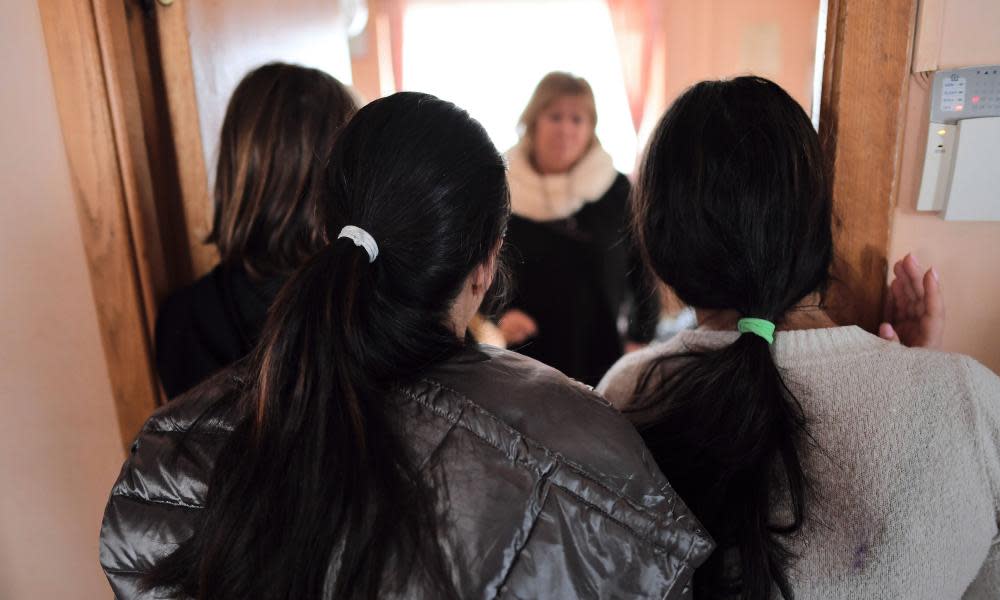Human trafficking: 'Victims are very reluctant to step forward'

Almost 21 million people fall victim to forced labour globally, and there are thought to be up to 13,000 people trapped in slavery in the UK alone. In 2015, UK authorities identified 3,266 potential human trafficking victims.
However, social workers need a better understanding of the dynamics of trafficking – and especially the way it is linked to migration – to help them identify those affected or at risk, according to Hlín Sæþórsdóttir of the State University of New York.
“One of the biggest problems is that there is such a dichotomy in all the discourse,” says Sæþórsdóttir, a PhD student from Iceland with an interest in human trafficking and migration. “It’s all about forced versus voluntary migration, legal or illegal migrants. But human trafficking isn’t black or white – it’s everything in between.”
A common misconception is that victims are always kidnapped, she explains. “Of course, kidnapping does happen, but you could also decide to migrate on your own and then end up in a situation where you are trafficked. You might have nothing, and then someone offers you a job as an au pair or a model, for instance. But when you arrive in the host country, you’re told that you have to pay for your transportation and documents, and need to work as a prostitute to pay the debt.”
Refusal is often met with violence or threats of it. “In cases where a victim is present illegally, traffickers often tell the victim that they’ll just get deported or end up in prison if they try to seek help,” she says. “Most victims are people who don’t have any opportunities in their home country – when people are in a vulnerable and desperate state they’re more likely to take these risks. Understanding that, especially in more affluent, westernised parts of the world, is often hard.”
Strict migration policies pose more problems for those seeking to identify and help victims, says Sæþórsdóttir, who has served on an anti-trafficking taskforce in upstate New York. “Once they get to a country where they know they might get deported, victims are very reluctant to step forward.”
She believes that social workers need more knowledge of the many forms of trafficking, which can take place within countries as well as across international borders, what makes people vulnerable, and the needs of the victims.

 Yahoo News
Yahoo News 
